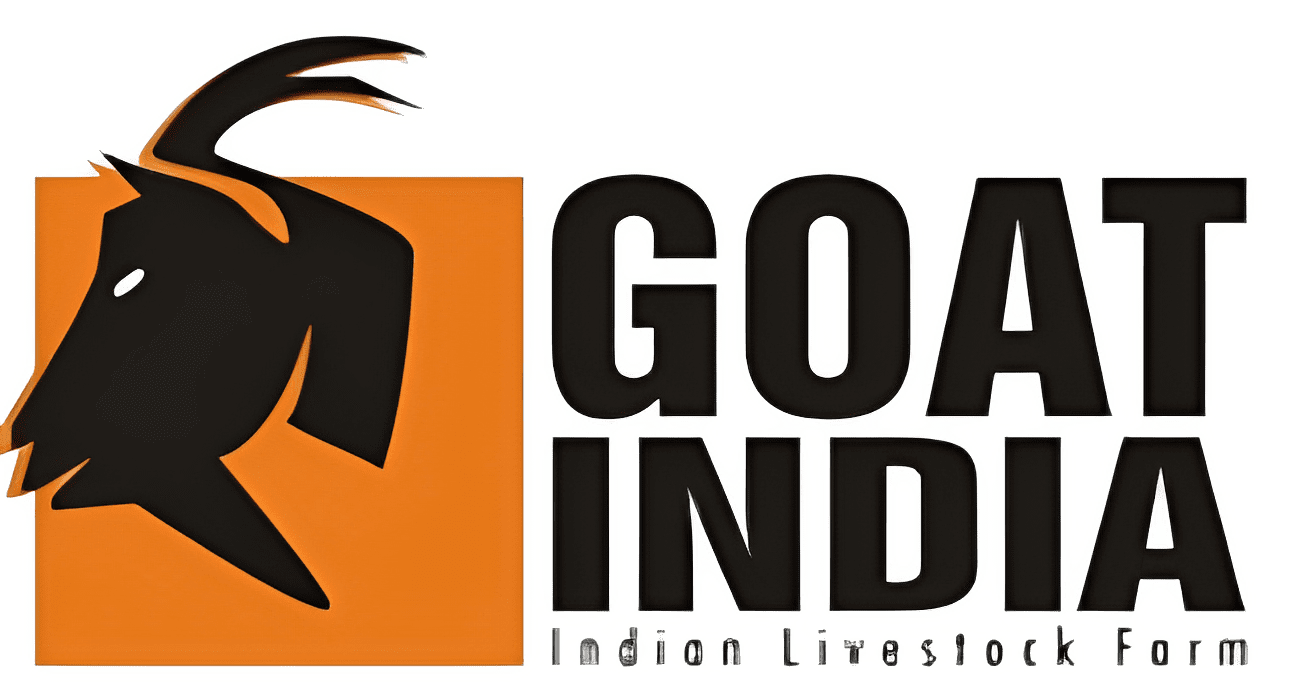Saanen Goat Farming in India
Master the art of raising Saanen goats – Switzerland’s premier dairy breed known for exceptional milk production and gentle temperament, adapted for Indian farming conditions
Saanen Goat Performance Metrics
Complete Saanen Goat Information
Origin & History
Saanen goats originated in the Saanen Valley of Switzerland and are descended from wild bezoar ibex, domesticated over 10,000 years ago. They were introduced to various countries in the 1990s due to exceptional milk production capabilities.
Physical Appearance
Pure white coat with pink nose and ears, graceful movement, and amber eyes. Adult does average 81cm height and 65kg weight, while bucks reach 94cm and weigh significantly more. Medium-large size with sturdy frame.
Temperament
Exceptionally docile, friendly, and calm nature makes them ideal for beginners and families with children. They are sociable, easily adaptable to new environments, and well-suited for machine milking operations.
Climate Requirements
Prefer cooler temperatures and struggle in hot climate conditions. Require adequate shade and ventilation in Indian conditions. Best suited for hill stations and temperate regions of India.
Milk Yield Capacity
Average daily production of 3-4 liters, with some exceptional does producing up to 5 liters per day. Lactation period extends 280-300 days with proper nutrition and management.
Milk Quality
High-quality milk with 3.2-3.8% fat content and 3.0-3.4% protein. Excellent for cheese production and dairy products due to superior butterfat levels and digestibility compared to cow milk.
Peak Production
Reach peak milk production 4-6 weeks after kidding. Consistent production throughout lactation with proper nutritional support and regular milking schedule maintenance.
Economic Value
Premium milk commands 50-100% higher prices than cow milk in urban Indian markets. High return on investment due to superior yield and quality characteristics.
Feeding Requirements
Efficient ruminants meeting 80% dietary needs through foraging. Require 5-6% body weight in dry matter intake daily. Benefit from high-protein concentrate and multiple small feedings due to small stomach capacity.
Housing Standards
Clean, dry, warm environment essential. Provide adequate ventilation without drafts, strategic placement of feed and water troughs, and proper drainage for waste management.
Health Management
Regular veterinary check-ups, vaccination schedules, and preventive care essential. Monitor for heat stress in Indian conditions and maintain proper hoof care due to naturally durable hooves.
Breeding Management
Sexual maturity at 6 months, but breeding recommended from 9 months. Gestation period 150 days. Breeding season typically autumn, though year-round breeding possible with proper management.
Climate Adaptation
Best suited for cooler regions like Himachal Pradesh, Uttarakhand, and Karnataka hills. Require modified housing with enhanced ventilation and cooling systems in warmer areas.
Regional Suitability
Ideal for hill stations and temperate zones. States like Punjab, Haryana (winter season), and Maharashtra hills provide suitable conditions with proper shade and cooling arrangements.
Feed Adaptation
Adapt well to local Indian fodder like berseem, lucerne, and seasonal grasses. Supplement with locally available grains and ensure adequate mineral supplementation for optimal health.
Management Modifications
Implement early morning and late evening milking schedule during summer. Provide additional water access and electrolyte supplementation during hot seasons for stress management.
Essential Saanen Goat Farming Knowledge
Feeding & Nutrition
Foraging Efficiency: Meet 80% nutritional needs through quality pasture and browse materials.
Concentrate Requirements: 5-6% of body weight in dry matter daily, supplemented with high-protein feeds.
Feeding Schedule: 3-4 small meals daily due to small stomach capacity and higher metabolic requirements.
Local Adaptation: Utilize flexible lips and prehensile tongue to consume diverse vegetation including grasses and forbs.
Housing & Shelter
Basic Requirements: Clean, dry, warm environment with proper ventilation but no drafts.
Space Planning: Strategic placement of feed troughs, water sources, and resting areas to minimize labor.
Climate Control: Essential shade provision and cooling systems for Indian hot weather adaptation.
Predator Protection: Secure fencing minimum 4 feet high, nighttime shelter provision, and electric fencing options.
Breeding & Reproduction
Breeding Age: Sexual maturity at 6 months, recommended breeding from 9 months for optimal results.
Seasonal Patterns: Peak breeding season in autumn, though year-round reproduction possible with management.
Gestation Management: 150-day gestation period requiring enhanced nutrition and veterinary monitoring.
Kid Care: Newborn kids require immediate colostrum and proper weaning protocols for healthy development.
Saanen vs Other Dairy Breeds – Production Comparison
| Breed | Daily Yield (L) | Lactation Period | Fat Content (%) | Protein (%) | Climate Suitability |
|---|---|---|---|---|---|
| Saanen | 3-4L (up to 5L) | 280-300 days | 3.2-3.8 | 3.0-3.4 | Cool, temperate regions |
| Alpine | 2.0-3.0 | 270-290 days | 3.5-4.0 | 3.2-3.6 | Moderate climate zones |
| Jamunapari | 2.0-2.5 | 250-280 days | 4.0-4.5 | 3.4-3.8 | Semi-arid, hot regions |
| Barbari | 1.5-2.0 | 210-240 days | 4.2-4.8 | 3.6-4.0 | Hot, dry conditions |
Start Your Saanen Goat Farming Journey
Join thousands of successful Indian farmers who have transformed their dairy operations with high-yielding Saanen goats. Get expert guidance for optimal results.


